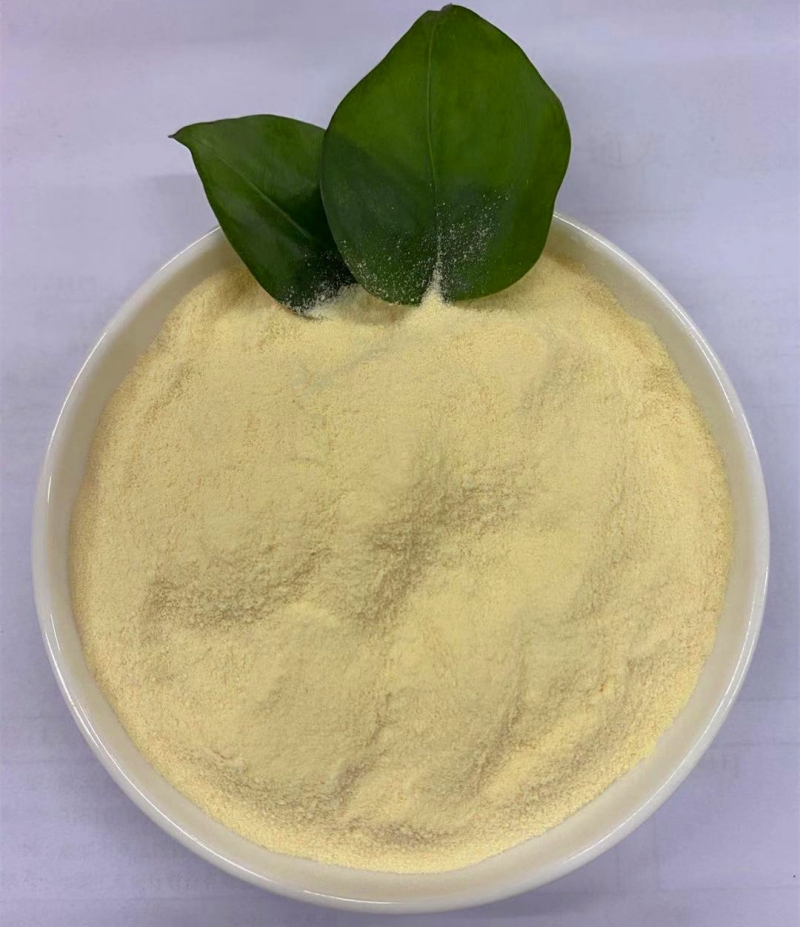Introduction
Amino acids, the building blocks of proteins, are vital not just for humans but also for plants. Their role in agriculture cannot be overstated, from boosting plant health to improving soil fertility. This article provides an in-depth discussion on the benefits of using amino acids in agriculture, focusing on amino acid fertilizers and their importance to soil health.
What are Amino Acids and Their Role in Agriculture?
Amino acids are organic compounds composed of nitrogen, carbon, hydrogen, and oxygen, along with a variable group. Plants require these nutrients for their growth and development, just as humans do. They are utilized in the creation of proteins, which are essential for various plant functions, including growth, energy production, and disease resistance.
In the realm of agriculture, amino acids are often applied in the form of amino acid fertilizers. These fertilizers, such as the plant amino acid fertilizer or the fish amino acid fertilizer, can greatly enhance the nutrient uptake efficiency of crops, thus boosting their overall health and productivity.

The Importance of Amino Acids in Soil Health
Healthy soil teems with life, and a significant part of this life involves the complex interactions between the soil microbes and the organic compounds, such as amino acids. Amino acids in the soil can improve nutrient availability for plants by chelating, or binding, minerals, making it easier for plants to absorb them. Amino acids also stimulate the growth and activity of beneficial soil microbes, enhancing the soil’s health and fertility.
Benefits of Amino Acid Fertilizer
The use of amino acid fertilizer presents multiple benefits for plants and the broader ecosystem. Amino acids enhance nutrient uptake, boost plant resistance to stressors, and can increase crop yield.
Here are some specific benefits:
- Improved Nutrient Uptake: Amino acid fertilizers, such as the humic acid fulvic acid amino acid fertilizer, facilitate the transportation of nutrients in plants, increasing their bioavailability and uptake.
- Enhanced Crop Yield and Quality: By providing essential nutrients, amino acid fertilizers can significantly increase crop yield and improve the quality of the produce.
- Stress Resistance: Amino acids can help plants endure environmental stressors, including drought, extreme temperatures, and pests.
- Eco-Friendly: As an organic fertilizer, amino acid fertilizers have a lower impact on the environment compared to synthetic fertilizers.
How to Use Amino Acid Fertilizer in Agriculture
Amino acid fertilizers can be applied directly to the soil or as a foliar spray. The application method often depends on the crop’s specific needs and the farmer’s preference. For instance, foliar applications of liquid amino acid fertilizer are usually effective for providing nutrients quickly, especially during critical growth periods.
It’s essential to choose the right amino acid product for agriculture. Consider factors such as the crops’ nutritional needs, soil condition, and the product’s price and availability. The amino acid fertilizer price can vary significantly based on the type, so make sure to choose the one that offers the best value for your specific agricultural needs.

Amino Acid Products for Agriculture
Several amino acid products cater to the varied needs of agriculture. These include the humic acid fulvic acid amino acid fertilizer, fish amino acid organic fertilizer, and liquid amino acid fertilizer, among others. Each product has unique benefits and can be used based on the specific requirements of your crops and soil.
The Future of Amino Acids in Agriculture
With ongoing research and the growing emphasis on sustainable farming practices, the use of amino acids in agriculture is set to increase. Innovations in creating more effective and environmentally friendly amino acid fertilizers will continue to shape the future of agriculture, leading to healthier crops and more fertile soils.
Conclusion
The use of amino acids in agriculture offers multiple benefits, from improving crop health and yield to enhancing soil fertility. As we look to sustainable solutions for our agricultural needs, amino acid fertilizers will continue to play a pivotal role. Whether you’re a farmer or an agriculture enthusiast, considering the use of amino acids in your practices can pave the way for a healthier and more productive agricultural future.












